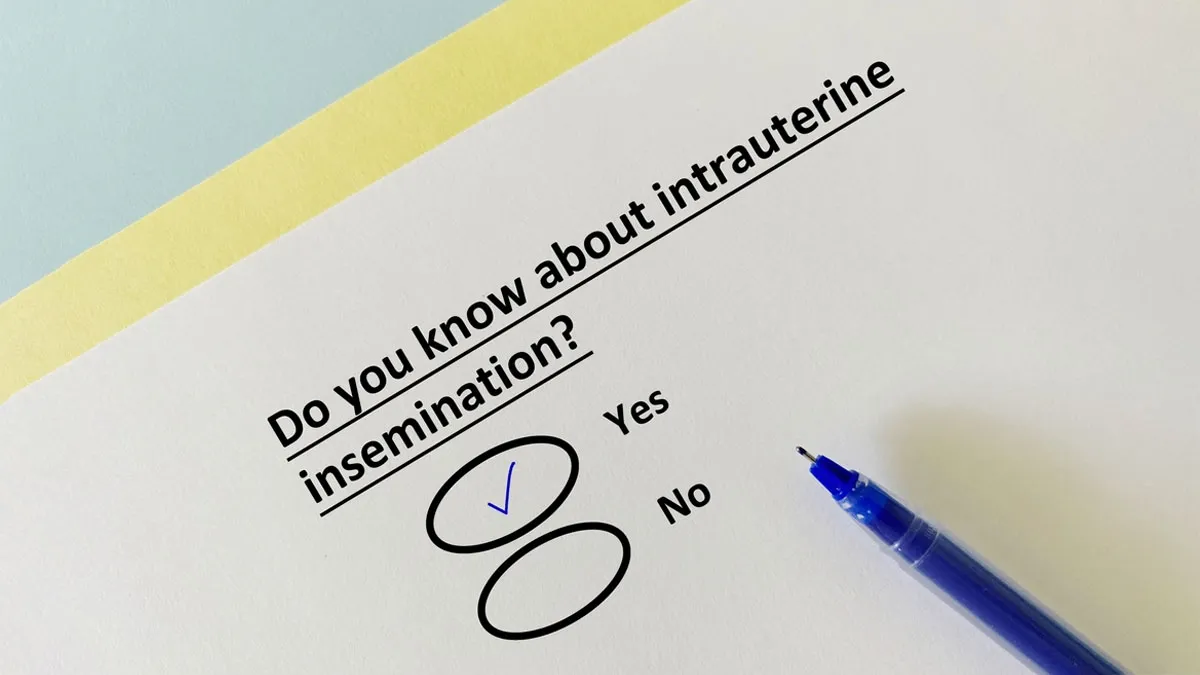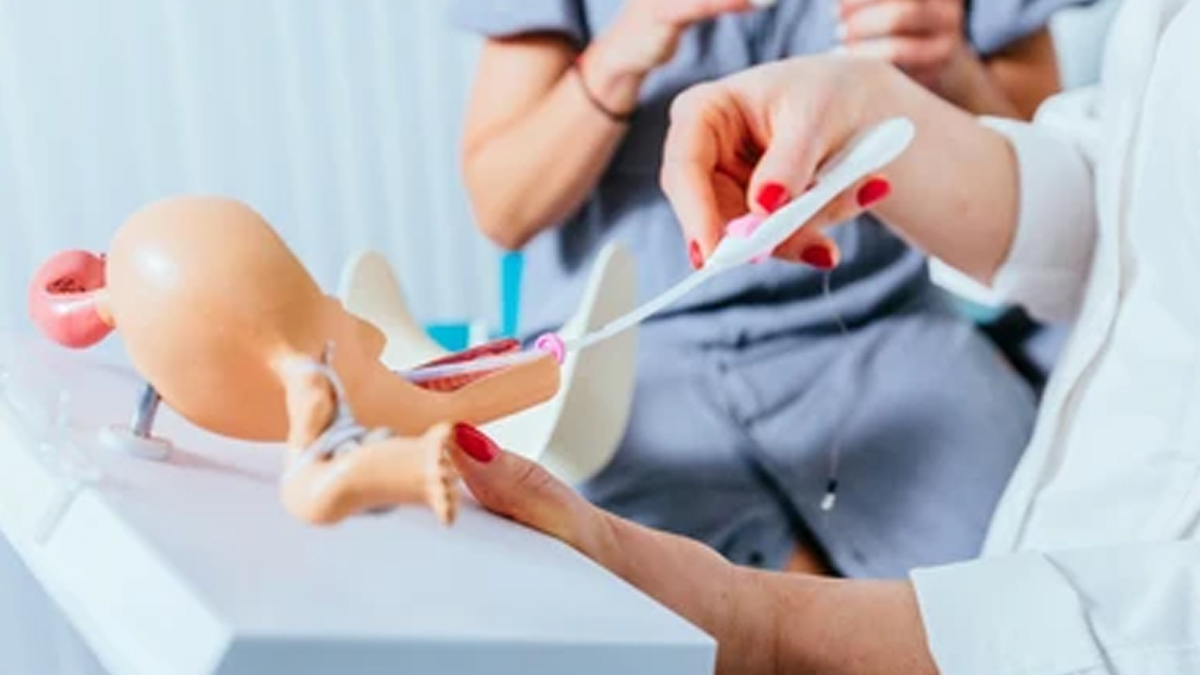
“At just 31 years of age, Priya had been trying to conceive for eight years and her medical history already included laparoscopic ovarian drilling, a myomectomy, six ovulation induction cycles, and three failed IUIs. So many treatments, so many processes, she felt worn down not just with physical exhaustion but also, those emotional setbacks and unanswered questions,” shared Dr Priyanka Shahane, Fertility Specialist, Birla Fertility and IVF, Nagpur.
Table of Content:-
Her tale reflects a larger reality: numerous couples undergoing fertility treatment persist with repeated IUI cycles even without success. Because it feels convenient – at least there is hope.
When Should You Pause and Reassess?

“Clinically speaking, after three failed IUI attempts, there’s a need for complete re-evaluation. Pushing beyond this without understanding the root cause might only delay more effective treatment, potentially lowering the overall chances of conception with age,” said Dr Shahane.
According to a 2024 study, the cumulative ongoing pregnancy rate across all IUI cycles was 7.44% per patient, resulting in 41 pregnancies out of 551 patients. The ongoing pregnancy rate following the first IUI cycle stood at 4.72%. For single women who had previously undergone six unsuccessful IUI cycles before moving on to IVF with donor sperm, the cumulative ongoing pregnancy rate for donor sperm IUI cycles was 15.8%. In contrast, women using their partner's sperm for both IVF and IUI cycles had a rate of 5.1%. The adjusted odds ratio for this comparison was 6:1.
What Could Be Going Wrong?
Fertility is a complex equation, and several hidden factors might be sabotaging the outcome of IUI:
- Hormonal Imbalances: Women with Polycystic Ovary Syndrome (PCOS) often have elevated Luteinising Hormone (LH), which can disrupt ovulation and affect egg quality.
- Sperm Issues: Suboptimal semen parameters, such as low motility or poor morphology, can reduce the chances of successful fertilisation.
- Timing and Technique: Poor timing of the insemination or subpar laboratory practices may lead to failed cycles.
- Uterine Conditions: Unnoticed conditions like fibroids, endometritis, or undiagnosed tuberculosis can interfere with implantation or embryo development.
What Should You Do Next?
If repeatedly IUIs are failing to yield the desired results, a thorough evaluation is critical:

- Transvaginal sonography and diagnostic hysteroscopy to assess uterine lining and rule out conditions, such as endometritis or Tuberculosis.
- Anti-Müllerian Hormone (AMH) test to understand ovarian reserve and egg quality.
- Semen analysis as per updated WHO standards to evaluate count, motility, and morphology.
- DNA Fragmentation Index (DFI) to check for genetic damage in sperm, which can affect embryo development.
- Couple karyotyping to identify any chromosomal abnormalities.
If issues are found, such as poor egg quality or excessive DNA fragmentation, it may be more beneficial for the couple to take the IVF route. Personalised protocols and advanced sperm selection techniques (microfluidics or sperm sorter) can be utilised in the IVF process.
Also Read: IVF or IUI: Which Procedure Is Better And Why
Emotionally and physically, what helps?
Fertility treatments aren’t just medical journeys, they’re deeply personal, often emotionally overwhelming experiences. Each failed cycle can feel like a personal defeat, breeding self-doubt and despair. That’s why choosing the right clinic and approach matters just as much as the treatment itself.
Switch from routine procedures to evidence-based, strategic care. Look for clinics that practice transparency, provide comprehensive testing, and develop personal plans. Most importantly, prioritise your emotional well-being because hope should feel empowering, not exhausting.
For Priya, the shift made all the difference. After switching to IVF and receiving appropriate pre-treatment, including a hysteroscopic myomectomy and minimal stimulation protocol, she conceived in the very first IVF cycle. The difference wasn't just the technology, but the personalised approach.
Bottomline
When IUI doesn’t work, don’t keep repeating the cycle on autopilot. Fertility is not a one-size-fits-all journey. The key lies in timely escalation, holistic diagnostics, and an evidence-based plan tailored to your body, not someone else’s experience.
[Disclaimer: This article contains information provided by an expert and is for informational purposes only. Hence, we advise you to consult your professional if you are dealing with any health issue to avoid complications.]
Also watch this video
How we keep this article up to date:
We work with experts and keep a close eye on the latest in health and wellness. Whenever there is a new research or helpful information, we update our articles with accurate and useful advice.
Current Version